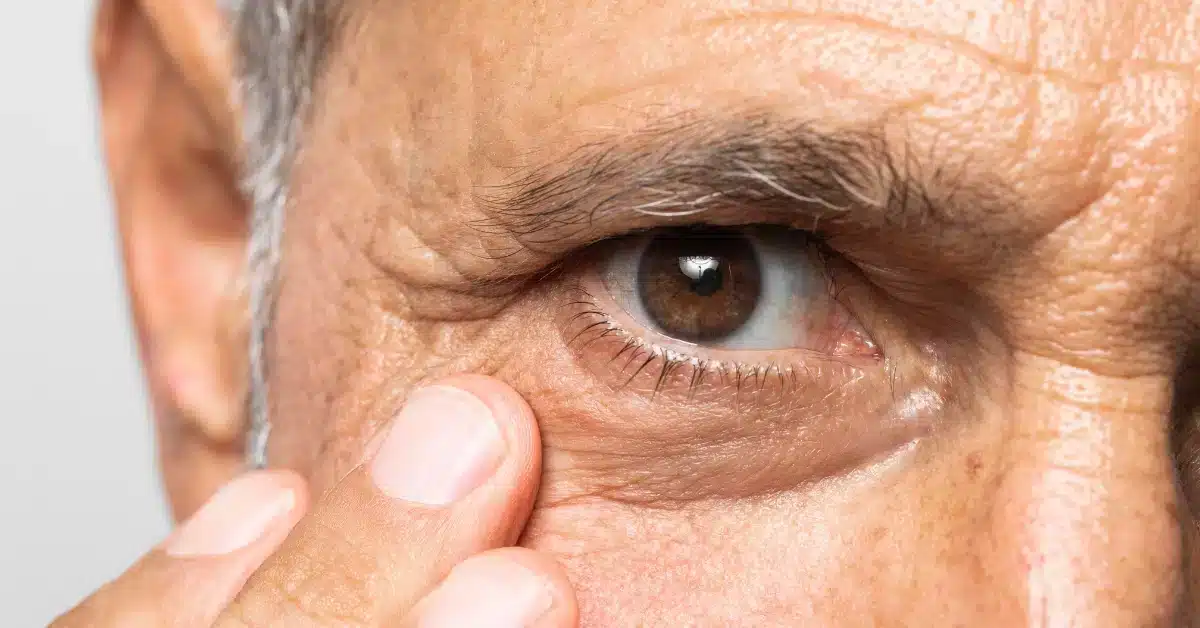Vitamin C and Risk of Cataract: Unveiling the Potential Connection
Vitamin C, also known as Ascorbic acid, has been associated with many health benefits.
It can help with food absorption and reduce age-related eye disease risk.
Recently, vitamin C has shown to be advantageous to reduce the risk of Cataracts.
Here, we examine vitamin C’s critical function in lowering the risk of cataracts and the scientific data that backs up its contribution.
Does Vitamin C help in Cataract
For overall eye health, it is typically advised to maintain a balanced diet full of fruits and vegetables.
According to the researchers, Vitamin C is abundant in the fluids that surround the eye, which helps prevent the lens from oxidizing.
Vitamin C consumption boosts the level of this vitamin in the fluid surrounding the eye, reducing the risk of cataracts.
It acts as an antioxidant and reduces the oxidative stress in the eye.
Reducing oxidative stress can help reduce the risk of Cataract development.
But, still more research is required in this area.
Hence, consulting a professional healthcare provider is the best way to preserve eye health and lower your chance of developing cataracts.
Scientific evidence to support
Vitamin C, ascorbic acid, can be found in food and taken as a dietary supplement.
According to scientific findings, it also reduces the possibility of developing cataracts.
It’s been known for a while that vitamin C may help reduce the development of cataracts.
According to a recent study from a team at King’s College London, people who consumed vitamin C had a 20% lower risk of acquiring cataracts than those whose diets contained the fewest foods high in vitamins.
But, a 2009 study observed that it may cause a higher risk of Cataract in women above the age of 65.
Hence, major studies have supported that vitamin C may reduce chances of Cataracts but it still requires additional research.
How to include Vitamin C in your diet
Vitamin C is essential for almost all body cells, including those in the eye, where it is abundant in all tissues.
Additionally, vitamin C supports the health of the blood vessels in the eyes and our bodies do not entirely produce the amount we require.
To maintain optimum eye health, consuming vitamin C daily from fruits, vegetables, beverages, and dietary supplements is advised.
The daily amount of vitamin C recommended is 75 milligrams (mg) for women and 90 mg for men. During pregnancy, it is 120 mg daily.
The maximum amount of this vitamin for all adults is 2,000 mg daily.
Several foods high in vitamin C may help lower the incidence of cataracts.
Your eye health may improve if you include these foods in your diet.
Rich sources of vitamin C include:
Citrus fruits
Orange, lemons, grapefruits, lemons and limes are excellent sources of the C vitamin.
They can be taken either fresh or juiced.
Rich in taste and benefits they can be easily incorporated in your everyday diet.
Kiwi
The delicious kiwi fruit has high vitamin C content.
Kiwi can be consumed independently or as an energizing and nutrient-rich addition to fruit salads.
Berry foods
Berry foods include strawberries, blueberries, raspberries, and blackberries, which are delicious and high in vitamin C.
You can snack on them, mix them into yogurt or porridge, or use them in smoothies.
Other sources

Apples, broccoli, cabbage, cauliflower, grapefruit, guava, kale, lemons, papaya, red bell peppers, potatoes, spinach, and more are some food sources of vitamin C.
Can vitamin C reverse cataracts
No substantial evidence suggests vitamin C can reverse Cataracts.
The only way that Cataracts can be effectively treated is by surgical removal of cloudy lenses.
Vitamin C has shown potential to reduce the risk of Cataract and cannot reverse the condition once formed.
It is always essential to consider consulting a professional for any diagnosis and treatment of Cataracts.
Vitamin C for Eye Health

For sustaining healthy eye health, vitamin C is essential.
As an antioxidant, it guards against eye harm and lowers the risk of diseases like cataracts.
Additionally, vitamin C aids the synthesis of collagen and the absorption of other crucial nutrients.
High in vitamin C, citrus fruits and berries support healthy and vivid eyes.
Remember to prioritize frequent checkups and a healthy lifestyle for complete eye care.
By operating as an antioxidant, vitamin C lowers the risk of AMD and Diabetic Retinopathy.
It prevents damage to retinal cells and blood vessels by eliminating dangerous free radicals and reducing oxidative stress in the retina.
Conclusion
In conclusion, vitamin C holds immense value in minimizing the chances of getting Cataracts.
It should be noted that incorporating vitamin C-rich foods into a well-balanced diet is a wise decision for supporting eye health.
Even though further research is required to explain its preventive potential fully.
While the specific role of vitamin C in preventing cataracts is still under investigation, its importance in promoting overall eye health is apparent.
Frequently Asked Questions
Does vitamin C reduce cataracts?
The impact of vitamin C on reducing cataracts is uncertain. While it supports eye health, its direct role in prevention still needs to be fully understood. A balanced diet of fruits and vegetables is recommended for overall eye health. Consult a healthcare professional for personalized advice.
Does vitamin C affect your eyesight?
The impact of vitamin C on eyesight is limited. While vitamin C supports overall eye health, there is no direct evidence that it significantly affects eyesight. For specific vision concerns, consult an eye care professional.
What three vitamins keep cataracts from getting worse?
The development of cataracts may be slowed down by vitamins C, E, and A. Since they are antioxidants, vitamins A, C, and E aid in preventing cataracts, they reduce the possibility of cataract development by protecting the eye lens from oxidative damage by free radicals.
WowRx uses only high-quality sources while writing our articles. Please read our content information policy to know more about how we keep our content reliable and trustworthy.






